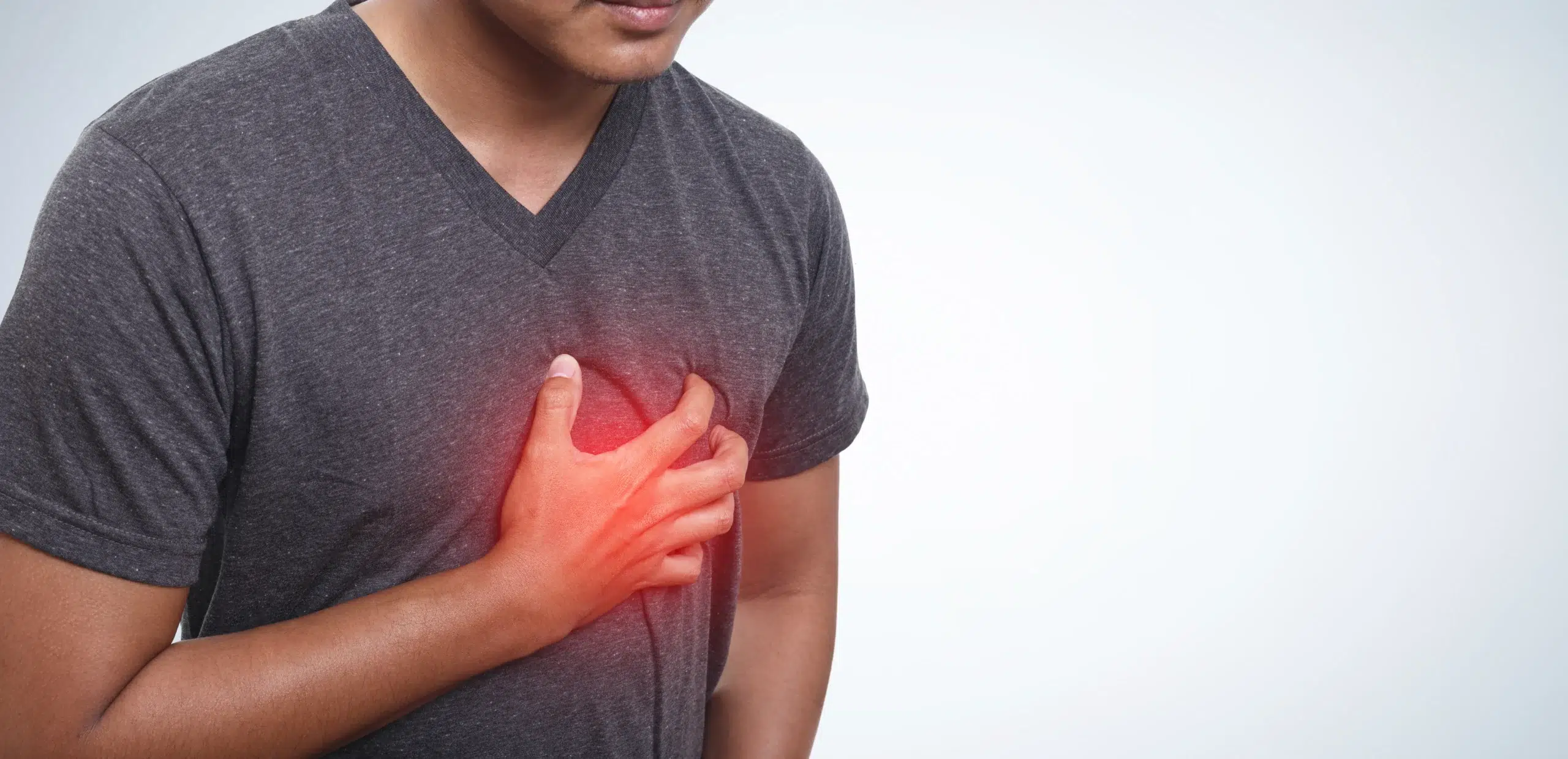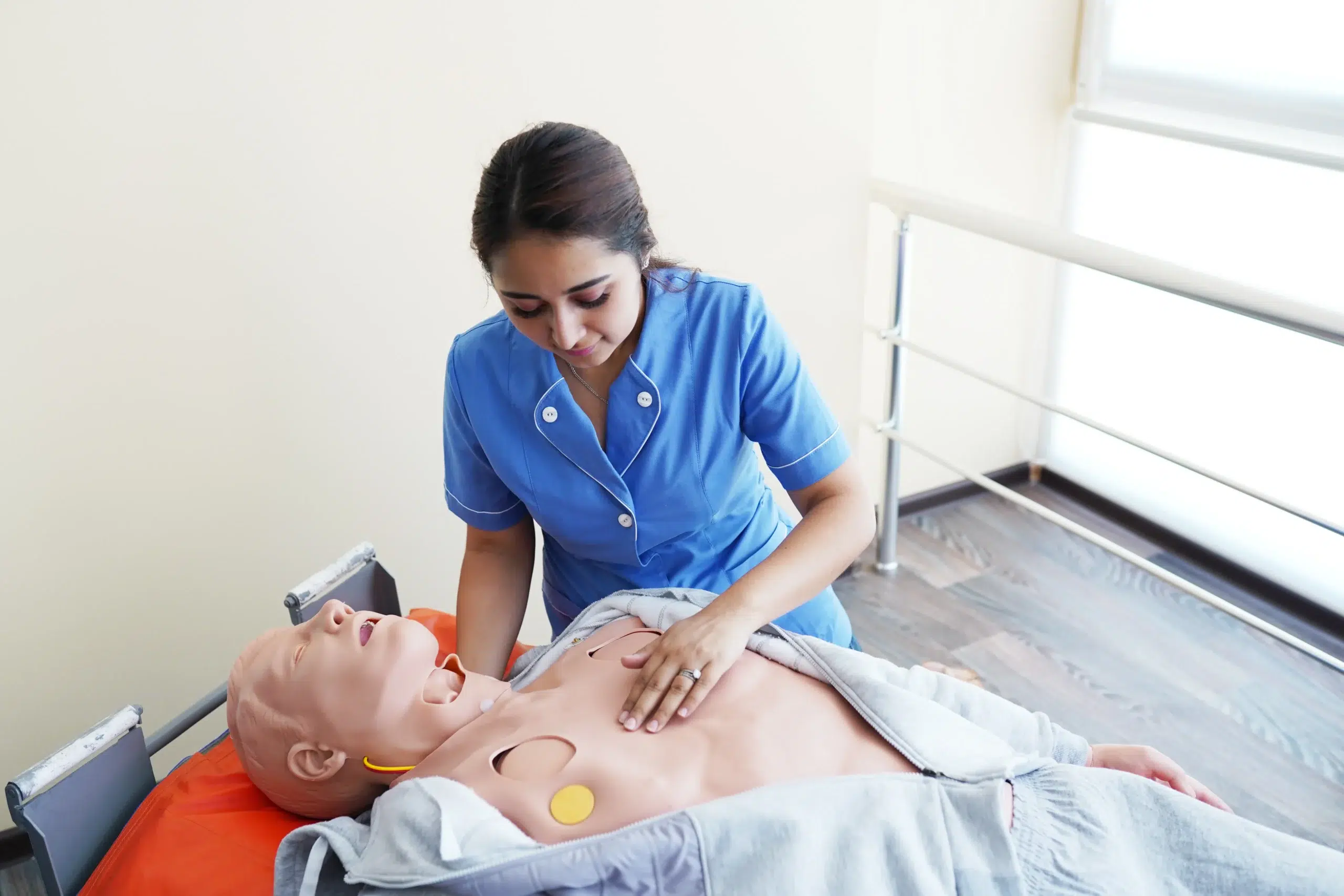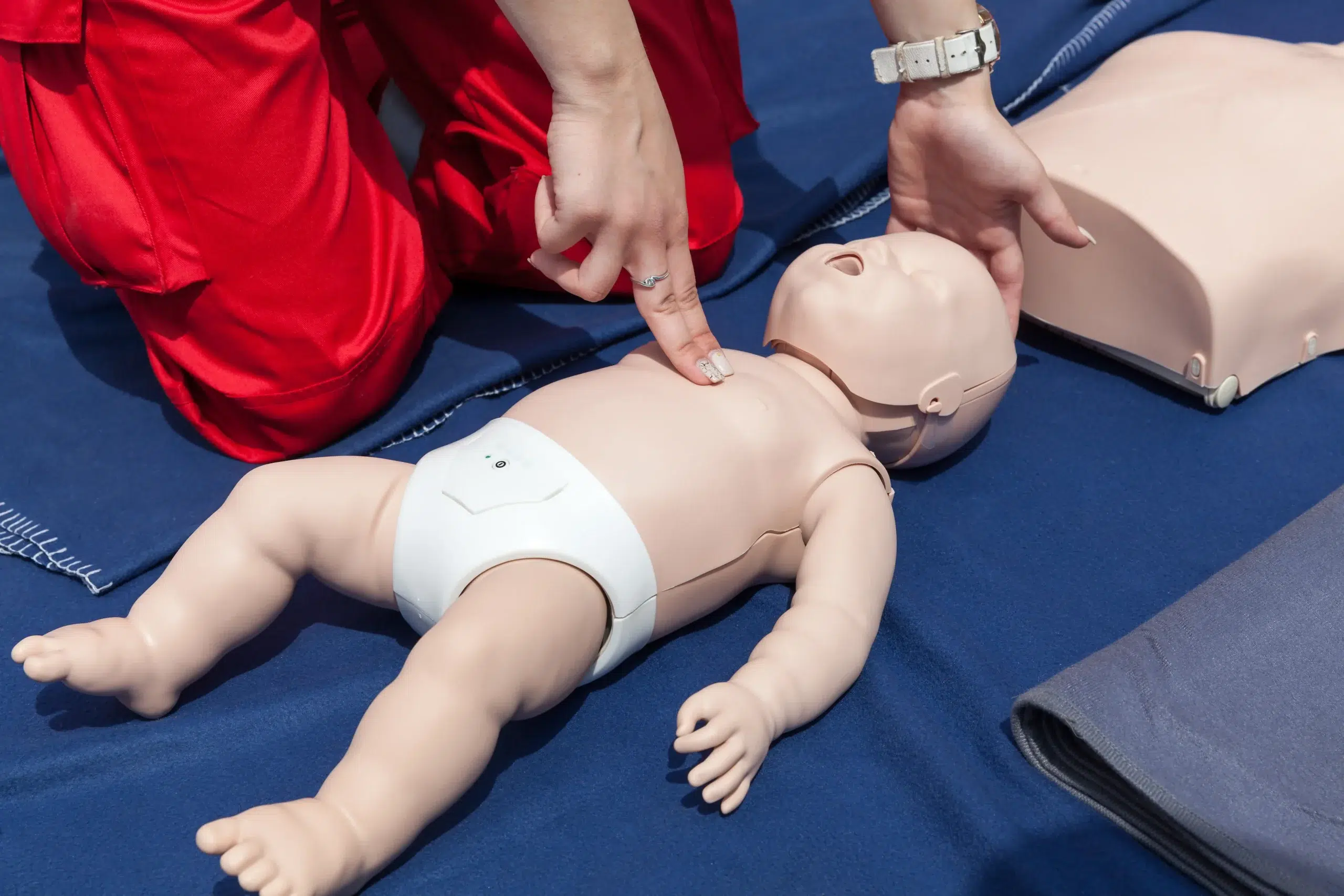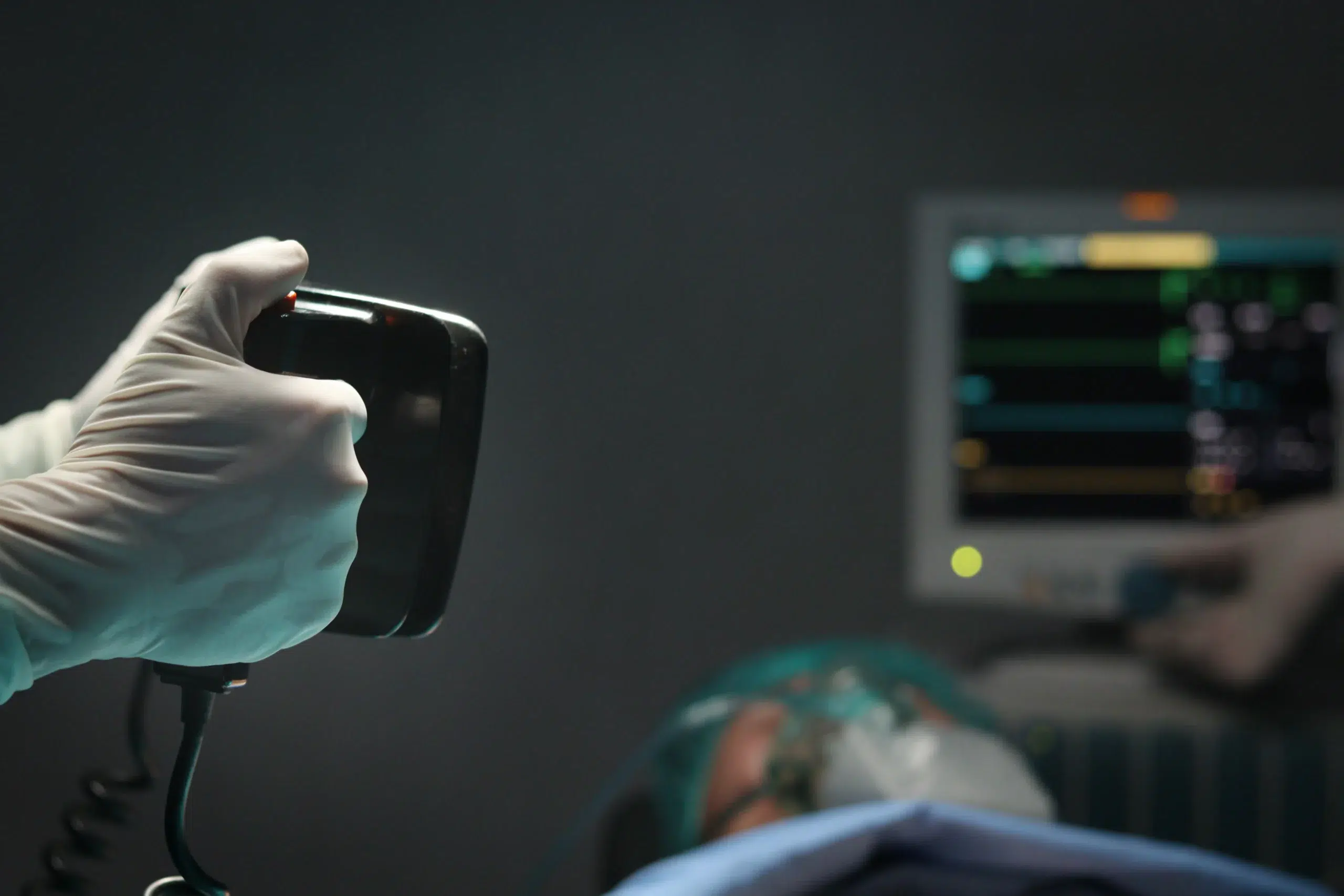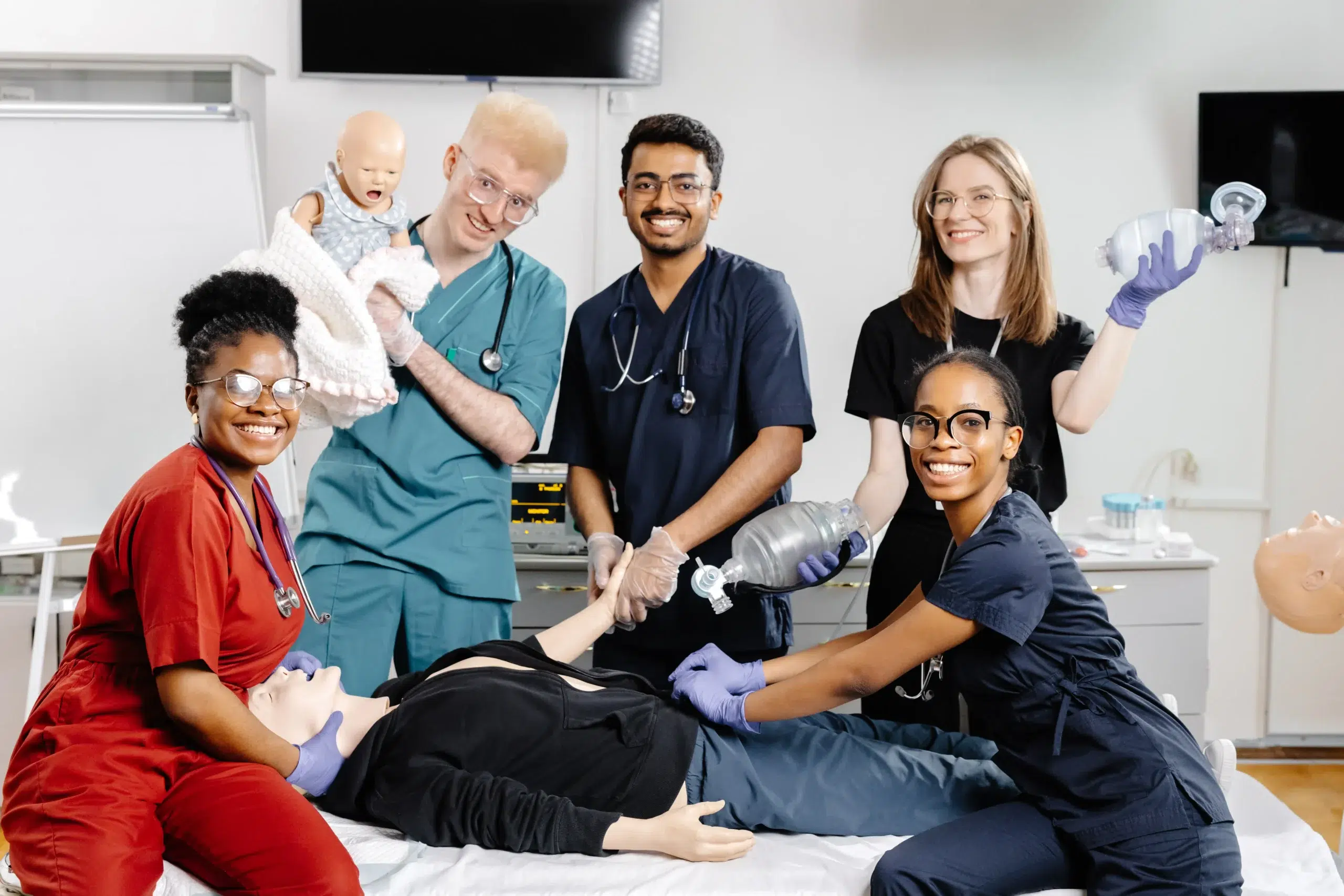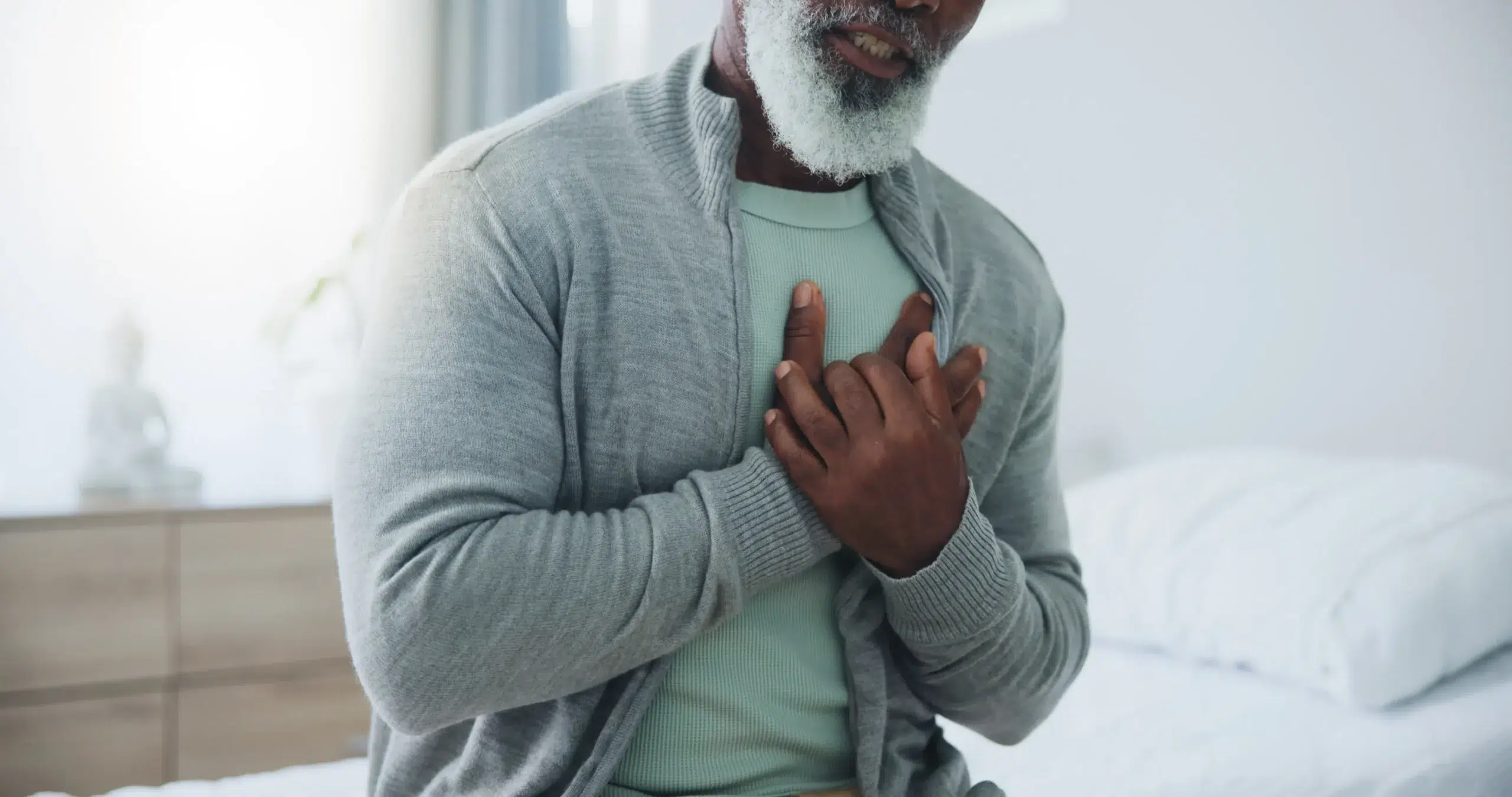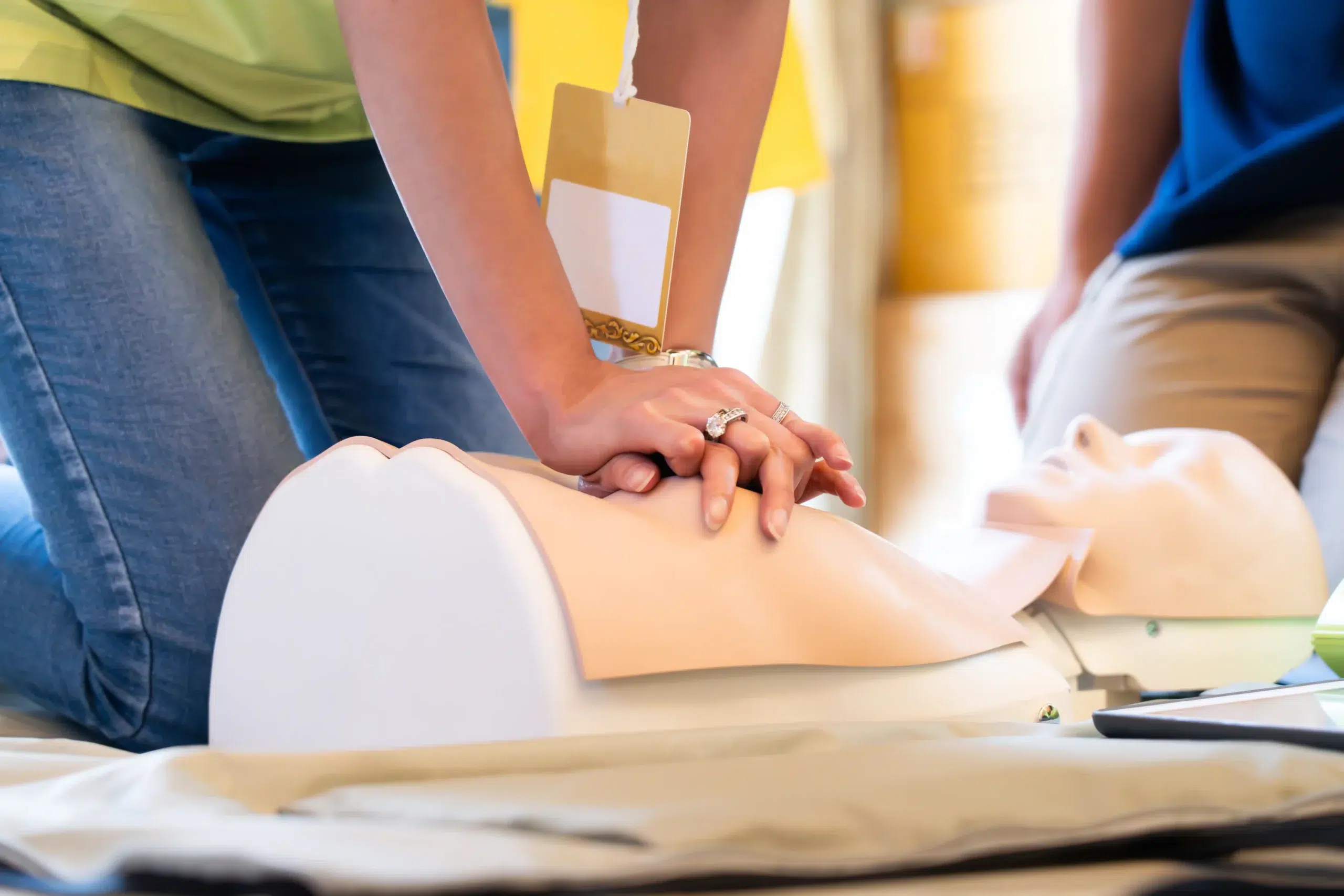Empowering yourself with life-saving skills starts with finding the right CPR classes in Sunnyvale. This guide is your roadmap to CPR certification, covering everything from the basics of CPR to finding the perfect course for your needs. Whether you’re a healthcare provider seeking to maintain your credentials or a community member wanting to be prepared for emergencies, we’ll explore the various CPR training options available in Sunnyvale. We’ll discuss different certification levels, including BLS, ACLS, and PALS, and help you understand the costs, schedules, and benefits of each. We’ll also debunk common CPR myths and guide you through the certification process.
Key Takeaways
- CPR training equips you to handle emergencies: Learn life-saving skills and gain the confidence to respond effectively in critical situations, from basic CPR to advanced techniques like ACLS and PALS.
- Find the right CPR class in Sunnyvale: Explore various options based on your needs, whether you’re a healthcare provider, parent, or community member. Consider factors like course content, schedule, and provider reputation.
- Safety Training Seminars offers accessible CPR certification: Benefit from flexible class times, convenient Sunnyvale locations, a low-price guarantee, and the streamlined RQI program for quick certification and renewal.
What is CPR?
What is CPR?
Cardiopulmonary resuscitation (CPR) is a lifesaving technique used in many emergencies, like a heart attack or near drowning, when someone’s breathing or heartbeat has stopped. It combines chest compressions and rescue breaths to circulate oxygenated blood to the brain and other vital organs until professional medical help arrives. Learning CPR empowers you to provide immediate assistance and potentially save a life. For more information on the impact of CPR, explore this article on CPR’s impact on survival.
Why CPR Matters
CPR certification is crucial for various individuals, especially those working in healthcare. It equips medical professionals, healthcare providers, and rescuers with the skills to manage medical emergencies effectively. Beyond the practical application, CPR certification demonstrates a commitment to patient care and community well-being. It can also enhance career prospects, especially in healthcare. Learn more about the vital role of CPR and BLS certification. For a deeper look at the benefits of CPR certification for healthcare providers, review these seven key advantages.
CPR Misconceptions Debunked
Several myths surround CPR, and it’s important to address them. One common misconception is that CPR alone can restart a stopped heart. While CPR helps maintain blood flow, it’s rarely the sole factor in restarting a heart. Defibrillation and advanced medical care are often necessary. Read more about separating fact from fiction in CPR. Another myth is that CPR is only for medical professionals. This isn’t true. Learning CPR is valuable for anyone, enabling bystanders to provide immediate support. Debunking these myths encourages broader participation in CPR training and empowers more people to act confidently during emergencies. To learn more about common CPR myths, explore this resource on CPR myths.
CPR Classes in Sunnyvale: Which One is Right for You?
Choosing the right CPR class depends on your individual needs and goals. Whether you’re a healthcare provider, a concerned parent, or just want to be prepared, there’s a CPR course in Sunnyvale for you. Let’s explore the different options available.
Basic Life Support (BLS)
Basic Life Support (BLS) certification is essential for anyone in healthcare. From doctors and nurses to EMTs and paramedics, BLS provides the fundamental skills to respond to life-threatening emergencies. These BLS courses cover core techniques like CPR, using an AED, and relieving choking. At Safety Training Seminars, our Sunnyvale BLS classes adhere to the latest American Heart Association guidelines, giving you the confidence to act quickly and effectively.
Advanced Cardiovascular Life Support (ACLS)
For healthcare providers in critical care, Advanced Cardiovascular Life Support (ACLS) training is crucial. Building on BLS, ACLS certification covers more advanced life-saving techniques, including managing cardiac arrest, strokes, and other serious cardiovascular emergencies. Our ACLS classes in Sunnyvale equip healthcare professionals with the skills to make quick decisions and provide optimal care in critical situations.
Pediatric Advanced Life Support (PALS)
Specialized training is essential when working with children. Pediatric Advanced Life Support (PALS) courses focus on the specific needs of infants and children during medical emergencies. From recognizing early signs of respiratory distress to managing pediatric cardiac arrest, PALS certification empowers healthcare providers to respond effectively to young patients. Safety Training Seminars offers PALS classes in Sunnyvale, ensuring professionals have the specialized knowledge to provide the best possible care for children.
First Aid & CPR
Combining CPR training with first aid knowledge creates a well-rounded skill set. Knowing how to treat minor injuries, control bleeding, and manage other medical situations complements CPR skills, allowing you to handle a wider range of emergencies. Many providers, including the Santa Clara County Fire Department, offer combined First Aid and CPR courses. These courses are a great option for anyone wanting practical life-saving skills, from parents and teachers to community members and workplace responders.
Find Your CPR Class in Sunnyvale
Finding the right CPR class in Sunnyvale can feel overwhelming with so many options. To help you narrow your search, we’ve compiled a list of trusted providers offering various levels of CPR certification.
Safety Training Seminars
If you need comprehensive CPR training and certification in Sunnyvale, check out Safety Training Seminars. They offer a wide range of American Heart Association (AHA) courses, including CPR, BLS, ACLS, PALS, and First Aid. Conveniently located at 830 Stewart Drive, Suite 133, they offer extended hours from 8 am to 10 pm, making it easier to fit training into your busy schedule. Their unique RQI (Resuscitation Quality Improvement) program allows medical professionals to quickly renew their certifications through online coursework and skills testing, often with same-day card issuance. Learn more about their AHA BLS courses and other CPR and First Aid training.
American Red Cross
The American Red Cross is another well-known organization offering CPR/AED and First Aid training in the Sunnyvale area. Their courses cater to various skill levels, from basic community CPR to professional-level certifications. While they provide a valuable service, double-check with your employer to confirm which certifications they accept, as Red Cross certification may not meet all healthcare employer requirements. Explore Red Cross training options on their website.
Santa Clara County Fire Department
For those wanting CPR/AED training directly through a local authority, the Santa Clara County Fire Department (SCCFD) offers several options. They provide AHA Heartsaver® CPR/AED courses, including blended learning and in-person formats. They also offer a Hands-Only CPR/AED and Choking Relief class—a great option for learning basic life-saving skills. Visit the SCCFD website for upcoming course schedules and registration information.
Local Hospitals & Medical Centers
Many hospitals and medical centers in and around Sunnyvale also offer CPR training and certification. These courses often focus on BLS and ACLS training, essential for healthcare professionals. Contact local hospitals like El Camino Health and Kaiser Permanente to inquire about their courses. You can also find a helpful list of CPR classes in Sunnyvale on the Bay Area CPR website.
CPR Training: Cost & Value
Understanding the cost of CPR training is a practical first step. Let’s break down the typical price ranges so you can factor training into your budget.
Course Pricing
CPR training courses vary in price depending on the type of certification you need. Generally, adult CPR courses cost between $20 and $55. Pediatric CPR courses typically fall between $25 and $40. If you want to learn both CPR and First Aid, combined courses usually range from $40 to $60. This range of options makes it possible to find a course that fits your budget and provides essential life-saving skills. For the most current pricing on CPR and First Aid training in Sunnyvale, check out our course catalog.
Discounts & Promotions
Looking to train a group? Many CPR training providers, including Safety Training Seminars, offer discounts for group registrations. This can be a smart way for businesses, community groups, or even families to learn together and save. Contact us to learn more about group discounts for your team.
The Low Price Guarantee
At Safety Training Seminars, we believe that cost shouldn’t be a barrier to learning these vital skills. We’re proud to offer a low-price guarantee on our CPR courses in Sunnyvale. This means you can be confident you’re getting high-quality training at the most competitive price. We encourage you to compare our prices – we’re committed to providing affordable, accessible training for everyone.
CPR Class Schedules & Locations
Finding a CPR class that fits your schedule shouldn’t be a hurdle. We’ll break down how Safety Training Seminars makes CPR certification convenient.
Flexible Class Times
Safety Training Seminars offers American Heart Association (AHA) certified classes in CPR, BLS, ACLS, PALS, and First Aid, running from 8 am to 10 pm daily. This extended availability accommodates various schedules, whether you’re a busy professional, student, or parent. This means you can find a class time that works, without disrupting your routine. Check the course schedule for the latest availability.
Convenient Sunnyvale Locations
Our training center at 830 Stewart Drive, Suite 133, Sunnyvale, CA 94085, is easily accessible. With over 60 offices throughout Northern California, we likely have a location near you. Our central Sunnyvale location serves residents of San Jose, Santa Clara, and Sunnyvale. Find a location that works best for you.
Online & Blended Learning
For a faster, more adaptable learning experience, Safety Training Seminars offers the RQI (Resuscitation Quality Improvement) program. This innovative approach combines online learning with in-person skills testing, allowing you to complete the coursework at your own pace before demonstrating your skills for same-day card issuance. Explore the RQI program and discover how you can get certified quickly and efficiently.
CPR Instructor Qualifications & Training Quality
Choosing the right CPR instructor is just as important as choosing the right class. You want to feel confident in your instructor’s abilities and know you’re receiving top-notch training. Here’s what to look for:
AHA Certification
A key factor to consider is whether the instructors are AHA-certified. AHA certification ensures the training aligns with the latest scientific guidelines and meets nationally recognized standards. Safety Training Seminars is an AHA Training Center, meaning our instructors are AHA-certified and provide high-quality training. This commitment to AHA guidelines means you’re learning the most effective, up-to-date techniques.
Experienced Medical Instructors
Look for courses taught by experienced medical professionals. Their real-world experience translates to richer, more practical training. Instructors with medical backgrounds can offer valuable insights, real-life examples, and answer your specific questions with authority. This hands-on expertise can make a significant difference in your learning and confidence.
Choosing a CPR Instructor
Think about your specific learning style and needs when selecting an instructor. Do you learn best through hands-on practice or visual demonstrations? Are you looking for a more personalized approach? Researching different instructors and training centers can help you find the perfect fit for your learning style. Consider factors like class size and teaching methods to find an environment where you can thrive. For example, explore options like Safety Training Seminars to see what they offer.
Get CPR Certified: The Process
Getting CPR certified is straightforward and empowers you to make a real difference in emergencies. Here’s what you can expect:
Register for Classes
Safety Training Seminars offers American Heart Association (AHA) certified classes in CPR, BLS, ACLS, PALS, and First Aid. We also offer NRP courses (in other locations) and EMSA Health & Safety training. Browse the course catalog and select the class that best fits your needs and schedule. Registration is typically handled online for convenience.
What to Expect During Training
Our CPR classes blend online learning with in-person skills sessions. You’ll start by completing the online portion, which includes videos and interactive modules. Reviewing these online materials prepares you for the in-person skills test. The hands-on portion of the class allows you to practice your skills on a CPR training mannequin. You’ll learn the correct hand placement and depth of compressions for effective CPR. Our instructors provide personalized feedback and guidance.
Certification & Renewal
After successfully completing both the online component and the in-person skills test, you’ll receive your AHA certification card, valid for two years. Renewing your certification is simple and can often be completed through online courses.
RQI Program
For medical professionals, Safety Training Seminars offers the RQI (Resuscitation Quality Improvement) program. This program combines online learning with a skills test and allows for same-day card issuance. The RQI program is a popular and efficient way for healthcare providers to maintain their BLS, ACLS, and PALS certifications.
Benefits of CPR Training in Sunnyvale
CPR training offers numerous advantages, both personal and professional. Whether you’re a healthcare provider, work with children, or simply want to be prepared for any situation, CPR certification equips you with invaluable life-saving skills. Here’s why CPR training in Sunnyvale is a worthwhile investment:
Be Prepared for Emergencies
Emergencies can happen anytime, anywhere. CPR training empowers you to respond effectively in critical situations, providing immediate assistance to someone experiencing cardiac arrest or respiratory distress. Learning CPR gives you the knowledge and skills to recognize emergencies and administer basic life support until professional medical help arrives. This quick action can significantly improve the chances of survival. For healthcare providers and professional rescuers, CPR and BLS certification are essential for delivering prompt and effective medical care in emergencies.
Advance Your Career
In many healthcare professions, CPR certification is a requirement. Even if not mandatory, having this certification demonstrates your commitment to patient care and enhances your professional credibility. It can open doors to new opportunities and give you a competitive edge in the job market. CPR certification can be particularly valuable in Sunnyvale’s competitive healthcare industry. It shows potential employers that you possess essential life-saving skills and are dedicated to providing high-quality care. For those outside the healthcare field, CPR training can also be a valuable asset, demonstrating your preparedness and willingness to help in critical situations.
Make Your Community Safer
By becoming CPR certified, you contribute to a safer community. You become equipped to assist family members, friends, neighbors, or even strangers during medical emergencies. CPR-trained individuals can make a real difference in their communities by increasing the chances of positive outcomes in emergencies. This commitment to community service and patient care is a valuable asset, reflecting your dedication to helping others and creating a safer environment for everyone.
Choose the Right CPR Class
Choosing the right CPR class boils down to understanding your needs, researching available options, and making an informed decision. Let’s break down the process to make it easier.
Assess Your Needs & Goals
First, think about why you want to get CPR certified. Are you a healthcare professional needing to maintain your licensure? Are you a concerned parent wanting to be prepared for emergencies at home? Or maybe you’re looking to add a valuable skill to your resume. Identifying your goals will help you choose the right course. For healthcare providers, certifications like BLS, ACLS, and PALS are often required and demonstrate a commitment to patient care. For community members, a CPR and First Aid certification might be perfect. Understanding the legal aspects of medical treatment, especially in emergency situations, is a key benefit of CPR certification for healthcare professionals.
Compare Providers & Courses
Once you know what you’re looking for, start researching different CPR class providers and the courses they offer. Look at organizations like Safety Training Seminars, which offer a range of American Heart Association (AHA) certified courses, including CPR, BLS, ACLS, PALS, and First Aid. They even have specialized courses like NRP and EMSA Health & Safety training. Also check out what’s available from other providers like the American Red Cross or your local hospitals and medical centers. See what courses they offer and what their schedules look like. Make sure the provider offers the specific certification you need (AHA, Red Cross, etc.) as requirements can vary. Bay Area CPR offers a comprehensive range of classes, making it easier to find one that fits your schedule.
Make an Informed Decision
Finally, put all the pieces together to make the best decision. A provider’s marketing can actually help you find the right class. Clear communication about course content, schedules, and pricing makes your research easier. Don’t hesitate to contact providers directly with questions. Ask about their instructors’ experience, class sizes, and what kind of support they offer. Choosing a reputable provider is just as important as choosing the right course. Safety Training Seminars offers a low price guarantee, so you can feel confident you’re getting a good value. Take your time, do your homework, and choose a CPR class that fits your needs and sets you up for success.
Related Articles
- CPR Classes in San Jose: Your Complete Guide – San Jose CPR Classes
- San Jose CPR Certification: Your Complete Guide – San Jose CPR Classes
- CPR Myths You Need to Stop Believing – San Jose CPR Classes
- The Science Behind Effective CPR: A Comprehensive Guide
- Northern CA CPR Directory – San Jose CPR Classes
Frequently Asked Questions
What’s the difference between BLS and CPR? CPR is the core technique used within BLS. BLS (Basic Life Support) encompasses a broader range of skills, including CPR, AED use, and relieving choking. It’s designed for healthcare providers and those needing a more comprehensive skillset for emergency response. Think of CPR as one tool within the larger BLS toolkit.
How do I choose the right CPR class in Sunnyvale? Consider your specific needs and goals. Are you a healthcare professional, a parent, or someone wanting basic life-saving skills? Healthcare providers often require BLS, ACLS, or PALS certification. Others may find a CPR/First Aid course more suitable. Check out different providers like Safety Training Seminars, the American Red Cross, and local hospitals to compare courses, schedules, and costs.
What can I expect during a CPR class? Most CPR classes involve a combination of online learning and in-person skills practice. You’ll learn the latest techniques for performing CPR on adults, children, and infants, how to use an AED, and how to recognize the signs of a heart attack or stroke. Expect hands-on practice with mannequins and feedback from certified instructors.
How much does CPR certification cost? The cost varies depending on the course type and provider. Basic CPR courses typically range from $20 to $55, while combined CPR/First Aid courses can cost between $40 and $60. Look for providers offering discounts for groups or a low-price guarantee. Remember, investing in CPR training is investing in life-saving skills.
How long is CPR certification valid, and how do I renew it? CPR certification is typically valid for two years. Renewal involves retaking the course to refresh your skills and knowledge and ensure you’re up-to-date with the latest guidelines. Many providers offer streamlined renewal courses, including online options, to make the process convenient.
